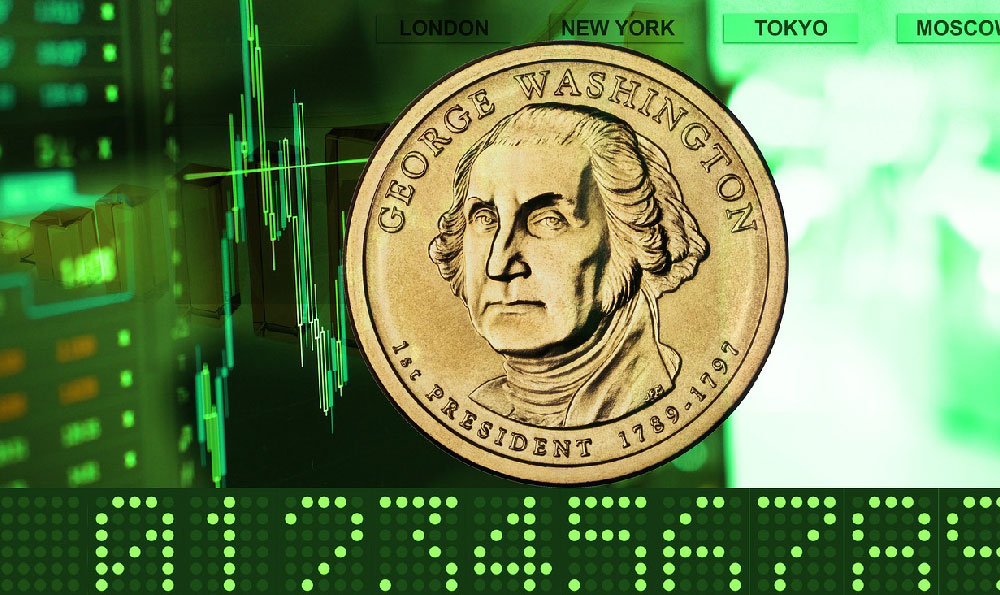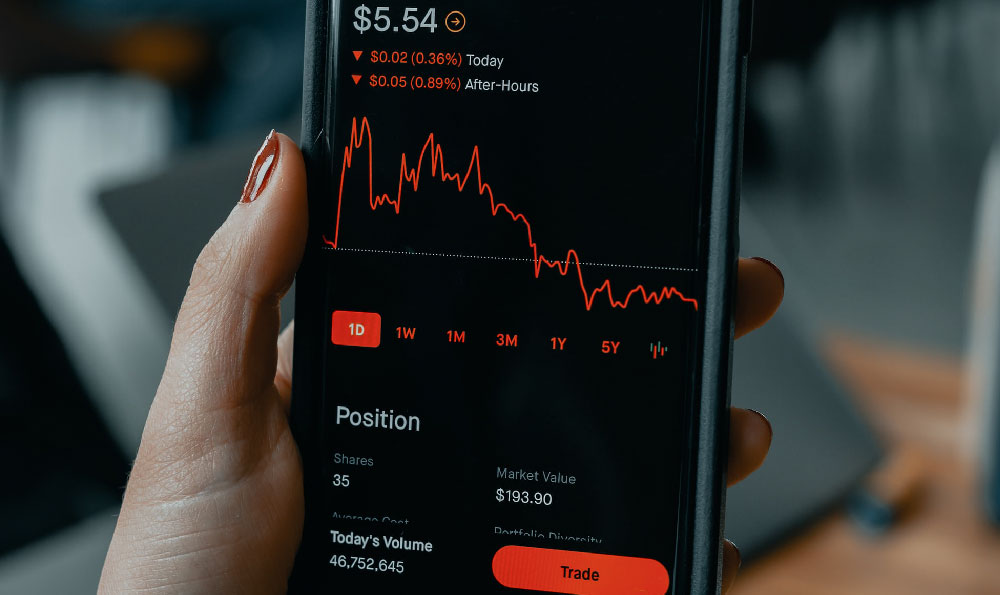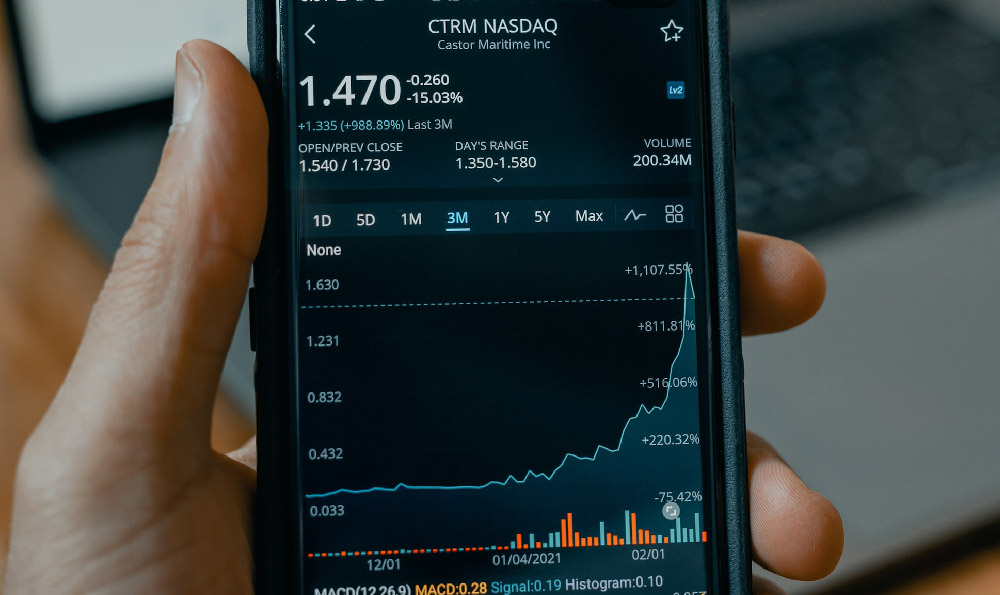Mitt Romney, the former U.S. presidential candidate and current chairman of the Republican National Committee, has built a multifaceted financial profile that extends beyond traditional investment avenues. His income sources and wealth accumulation strategies offer a case study in strategic diversification, leveraging both business acumen and political influence. While his net worth is not directly tied to cryptocurrency, the principles underlying his financial success can be applied to modern investment practices, including those in digital assets. This article delves into the components of his wealth, the mechanisms of his financial growth, and the lessons that can be drawn for investors seeking sustainable returns.
Romney's financial foundation is rooted in a combination of entrepreneurial ventures, high-yield investments, and political careers. At the core of his wealth is his early success in the business world, which began with his role as a consultant for his father's company, which later became the iconic fast-food chain McDonald's. This experience provided him with valuable insights into the operations of large corporations and the importance of strategic decision-making. Over time, he diversified his portfolio through ventures in real estate, private equity, and venture capital, emphasizing the need for a balanced approach to wealth generation.
One of the key aspects of Romney's financial strategy is his involvement in the private equity sector. As a founder of Bain Capital, he demonstrated a deep understanding of value creation and risk management, which are critical elements for any investor. His ability to identify undervalued companies and implement turnaround strategies not only contributed to his personal wealth but also showcased the importance of thorough research and long-term planning. In the realm of virtual currencies, where market volatility is a defining characteristic, similar principles apply. Investors must evaluate potential projects, understand their underlying value, and maintain a time horizon that aligns with their financial goals.

Romney's wealth accumulation is further supported by his expertise in real estate investment. His company, which was later sold, specialized in acquiring and revitalizing underperforming properties, highlighting the essence of opportunity recognition and asset optimization. This aligns with the concept of portfolio diversification, which is essential in reducing exposure to market risks. In the context of cryptocurrency, diversifying across multiple assets, such as Bitcoin, Ethereum, and altcoins, can mitigate the impact of price fluctuations in any single market. Additionally, Romney's emphasis on strategic acquisitions can be mirrored in the practice of selecting high-potential digital assets with strong fundamentals.
Political earnings have also played a role in Romney's financial landscape, though they are often overshadowed by his business ventures. His tenure as a governor and presidential candidate brought significant scrutiny to his financial dealings, which underscores the importance of transparency and ethical considerations in wealth management. For investors, especially those in high-risk markets like virtual currencies, maintaining ethical standards and ensuring regulatory compliance are paramount. As the crypto industry evolves, navigating legal frameworks and avoiding pitfalls such as regulatory violations or fraudulent schemes becomes increasingly crucial.
Another dimension of Romney's financial approach is his taxation strategy. His wealth is partially shielded through legal means, including the use of offshore accounts and charitable contributions, which reflect a sophisticated understanding of the legal and financial systems. For investors, particularly those in the virtual currency space, where tax implications can be complex, a proactive approach to tax planning is essential. Utilizing tools such as tax-loss harvesting or understanding the tax treatment of crypto assets can help in optimizing returns while minimizing liabilities.
Romney's commitment to long-term wealth accumulation is evident in his investment philosophy, which prioritizes sustainability over short-term gains. His business ventures, such as Bain Capital, were built on the premise of creating enduring value, a principle that resonates with the broader concept of investment. In virtual currency markets, where hype-driven cycles often dominate, focusing on long-term potential rather than speculative trading is a critical factor in achieving financial growth. Investors should evaluate projects based on their underlying technology, team credibility, and market demand rather than chasing quick profits.
Moreover, Romney's wealth is tied to his ability to adapt to changing economic environments. His transition from a businessman to a politician illustrates the importance of flexibility in financial planning. In the world of virtual currencies, adapting to market trends and technological advancements is equally vital. Staying informed about regulatory changes, market adoption, and innovation can help investors navigate uncertainty and capitalize on emerging opportunities. This adaptability also highlights the value of continuous learning and expertise development, which are essential for success in any investment domain.
Romney's financial strategy also emphasizes the importance of capital allocation. By reinvesting profits into new ventures and maintaining a disciplined approach to spending, he ensured that his resources grew rather than depreciated. In virtual currency investing, effective capital allocation involves determining the right proportion of assets to invest, which requires balancing risk and reward. Investors should assess their risk tolerance, financial goals, and time horizon to make informed decisions about portfolio allocation.
Finally, Romney's approach to wealth includes a focus on legacy and philanthropy. His contributions to charitable causes and his efforts to build a foundation for future generations underscore the importance of long-term financial planning and social responsibility. In the context of investment, creating a financial legacy involves not only maximizing returns but also ensuring that wealth is preserved and used for meaningful purposes. This aspect encourages investors to think beyond immediate gains and consider the broader impact of their financial choices.
In conclusion, Mitt Romney's financial profile serves as a testament to the power of strategic investment and diversified income streams. While his success is not directly related to virtual currencies, the principles that guided his wealth accumulation—such as long-term planning, adaptability, risk management, and ethical considerations—remain relevant for investors in any market. By applying these strategies, individuals can build a robust financial foundation that withstands market fluctuations and fosters sustainable growth. As the virtual currency landscape continues to evolve, learning from successful financial models can provide valuable insights for those seeking to navigate this complex and dynamic environment.












